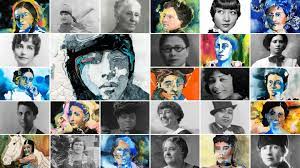
The city of Detroit has a rich and diverse history, filled with innovation and progress. While many may be familiar with the men who have had a hand in shaping the Motor City, it is important to recognize the women who have also played a significant role in its development. From entrepreneurs to civil rights activists, these women have left their mark on the city and continue to inspire and empower future generations.
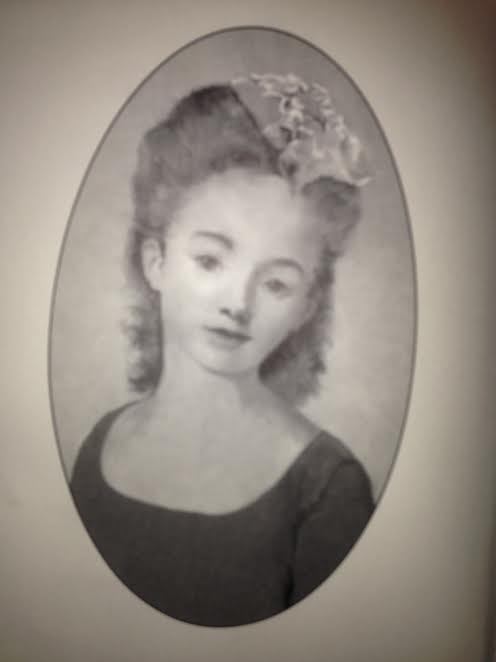 Marie Cadillac, wife of Antoine Laumet de La Mothe Cadillac, is often overshadowed by her husband's legacy. However, she played a crucial role in the founding of The D. As the doctor at Fort Pontchartrain, she not only tended to the health of the community but also took on administrative duties such as hiring voyagers. Her contributions to the city were instrumental in its early development.
Marie Cadillac, wife of Antoine Laumet de La Mothe Cadillac, is often overshadowed by her husband's legacy. However, she played a crucial role in the founding of The D. As the doctor at Fort Pontchartrain, she not only tended to the health of the community but also took on administrative duties such as hiring voyagers. Her contributions to the city were instrumental in its early development.
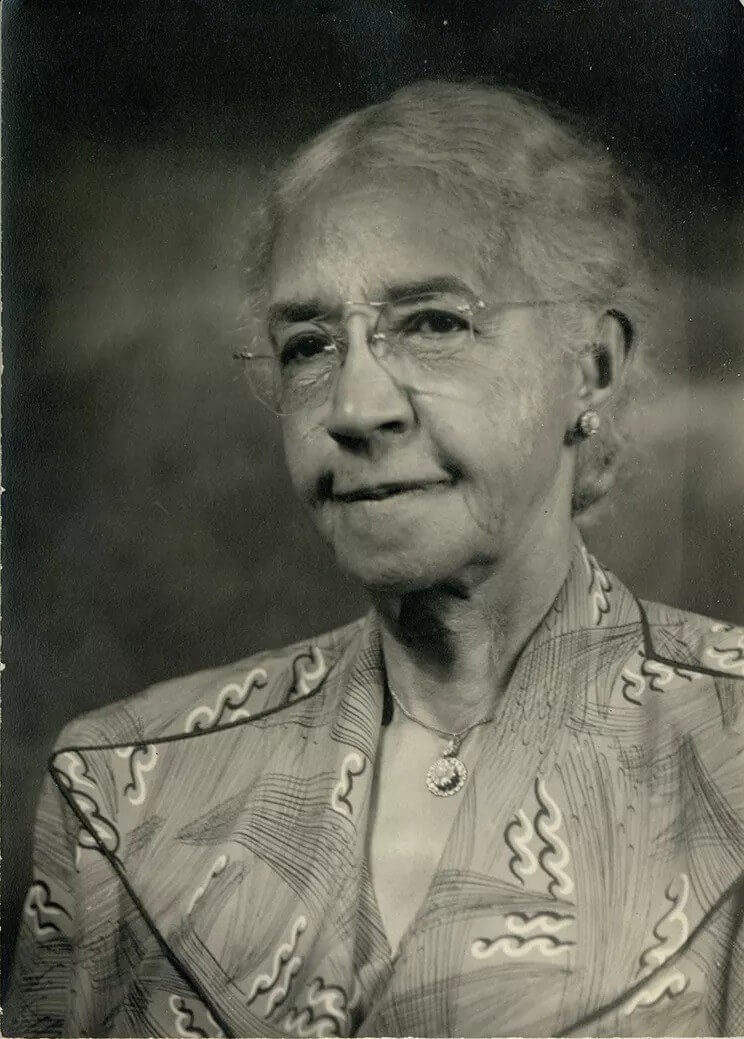 Fannie Peck was a woman ahead of her time. As the wife of Reverend William Peck, she was heavily involved in the civil and religious communities of the city. However, it was her dedication to empowering female domestic workers that truly set her apart. In 1911, she founded the National Housewives League, which aimed to improve the working conditions and wages of domestic workers. This organization later joined forces with Chicago housewives to lead a successful march against the meatpacking industry, bringing about much-needed change. Peck's legacy lives on through her creation of the Fannie B. Peck Bethel AME Church Credit Union, which provided financial stability for many in the community for decades.
Fannie Peck was a woman ahead of her time. As the wife of Reverend William Peck, she was heavily involved in the civil and religious communities of the city. However, it was her dedication to empowering female domestic workers that truly set her apart. In 1911, she founded the National Housewives League, which aimed to improve the working conditions and wages of domestic workers. This organization later joined forces with Chicago housewives to lead a successful march against the meatpacking industry, bringing about much-needed change. Peck's legacy lives on through her creation of the Fannie B. Peck Bethel AME Church Credit Union, which provided financial stability for many in the community for decades.
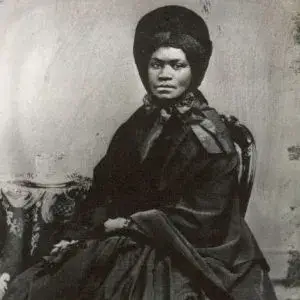 Elizabeth Denison Forth was born into slavery in the 1780s in Detroit — but in 1807, she was able to cross into Canada to freedom along with her parents and siblings. She later came back to the city around 1812. Soon after, she became the first Black property owner in Oakland County, purchasing 48 acres of land in what is now known as Pontiac. She used the money from her estate to develop St. James Episcopal Church on Grosse Isle, which she created so that people from all walks of life could worship together, which remains true to this day. You can find Denison's historical marker on land that she formerly owned, now known as Oak Hill Cemetery.
Elizabeth Denison Forth was born into slavery in the 1780s in Detroit — but in 1807, she was able to cross into Canada to freedom along with her parents and siblings. She later came back to the city around 1812. Soon after, she became the first Black property owner in Oakland County, purchasing 48 acres of land in what is now known as Pontiac. She used the money from her estate to develop St. James Episcopal Church on Grosse Isle, which she created so that people from all walks of life could worship together, which remains true to this day. You can find Denison's historical marker on land that she formerly owned, now known as Oak Hill Cemetery.
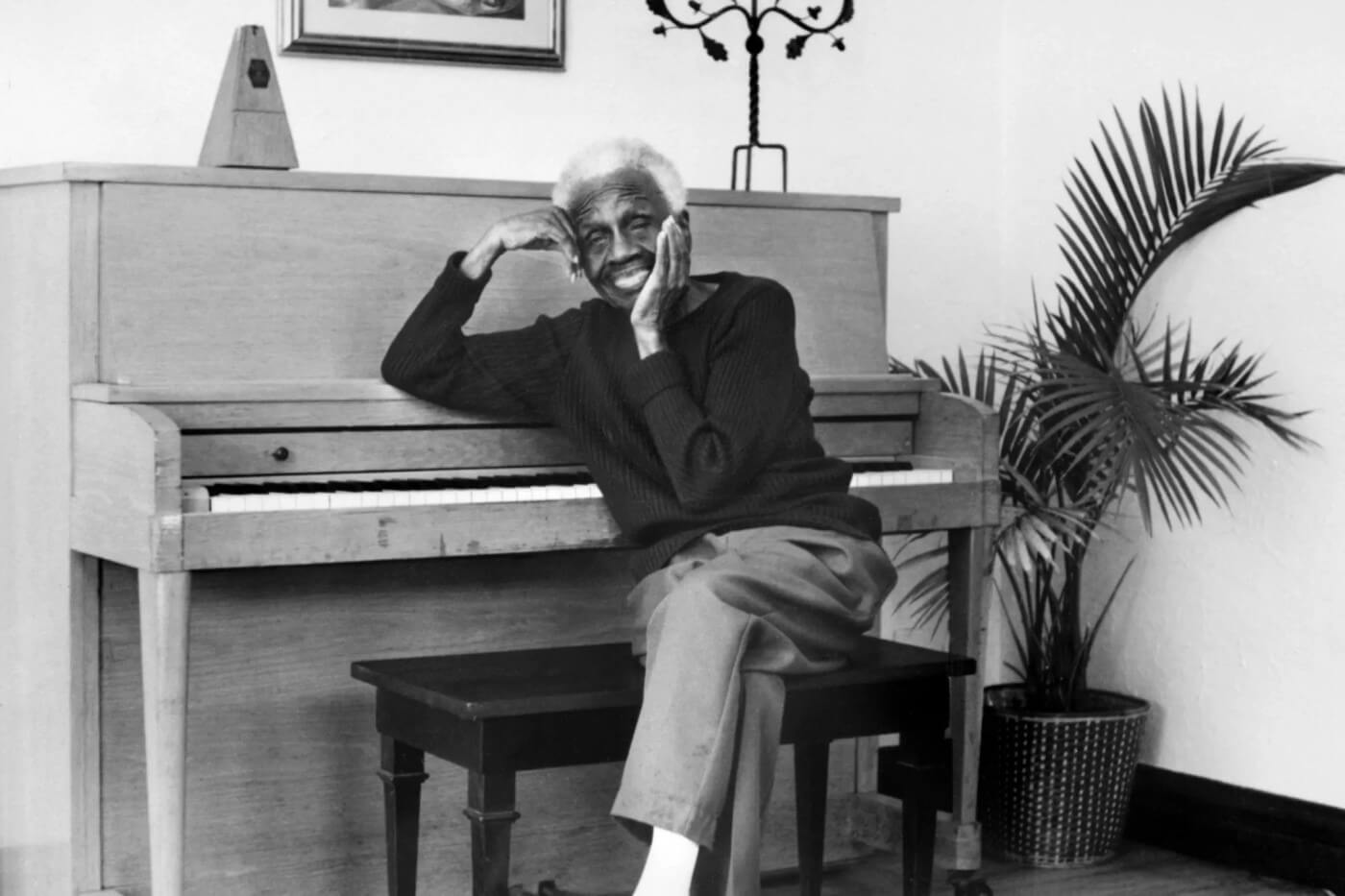 Another inspiring woman is Ruth Ellis. As an African American entrepreneur and an open lesbian during the 1930s, she faced many challenges and discrimination. However, Ellis persevered and opened up her own print shop in 1938, which was a significant achievement for an African American woman at that time. She also used her home as a safe haven for African American gays and lesbians, advocating for their rights and well-being. Today, the Ruth Ellis Center in Detroit continues her legacy by supporting homeless and at-risk LGBT youth.
Another inspiring woman is Ruth Ellis. As an African American entrepreneur and an open lesbian during the 1930s, she faced many challenges and discrimination. However, Ellis persevered and opened up her own print shop in 1938, which was a significant achievement for an African American woman at that time. She also used her home as a safe haven for African American gays and lesbians, advocating for their rights and well-being. Today, the Ruth Ellis Center in Detroit continues her legacy by supporting homeless and at-risk LGBT youth.
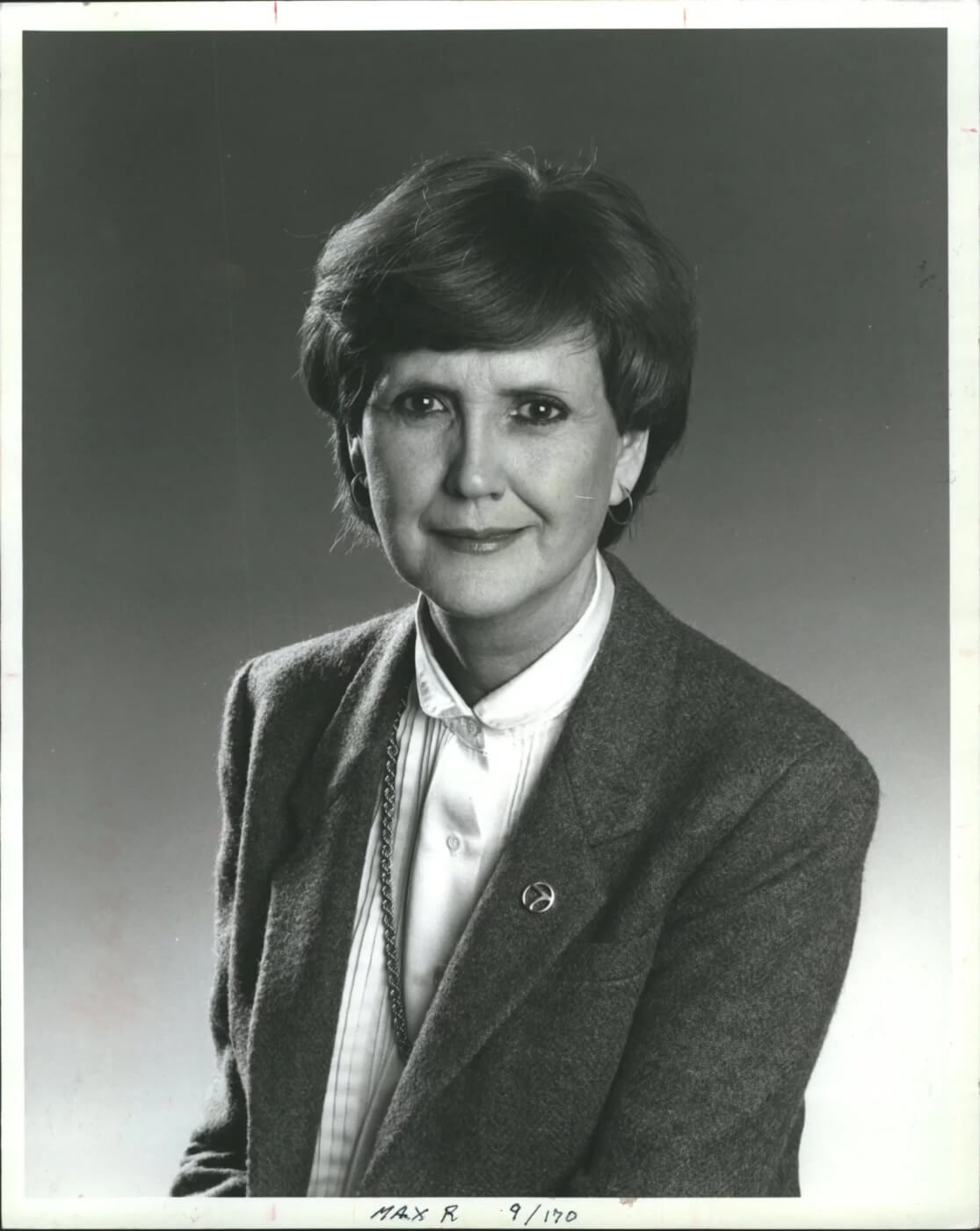 Jeanne Findlater was a trailblazer in the world of broadcast journalism. She became the first woman in the country to lead a major market station when she was appointed as vice president of ABC-owned television stations and general manager of WXYZ-TV in Detroit. Findlater's leadership was marked by her focus on locally produced programs, including the award-winning series "Learn to Read." This show shed light on the issue of illiteracy among workers and won national sponsors and recognition. Findlater's impact on the broadcasting industry and her commitment to social issues have left a lasting impression on Detroit.
Jeanne Findlater was a trailblazer in the world of broadcast journalism. She became the first woman in the country to lead a major market station when she was appointed as vice president of ABC-owned television stations and general manager of WXYZ-TV in Detroit. Findlater's leadership was marked by her focus on locally produced programs, including the award-winning series "Learn to Read." This show shed light on the issue of illiteracy among workers and won national sponsors and recognition. Findlater's impact on the broadcasting industry and her commitment to social issues have left a lasting impression on Detroit.
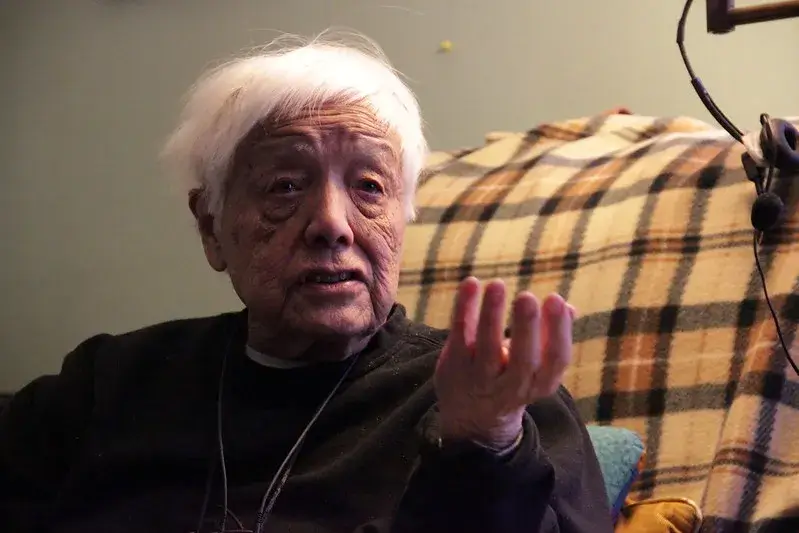 Grace Lee Boggs was a Chinese-American human rights activist. After earning her doctorate at Bryn Mawr College in the 1940s, she moved to Chicago and got her first taste of activism when she began protesting poor living conditions for Black tenants in her neighborhood. In 1953, she married James Boggs, a prominent Black activist and organizer from Detroit. Throughout her life, she was active in the Civil Rights Movement and Black Power Movement. She died at the age of 100 — and her impact still lives on.
Grace Lee Boggs was a Chinese-American human rights activist. After earning her doctorate at Bryn Mawr College in the 1940s, she moved to Chicago and got her first taste of activism when she began protesting poor living conditions for Black tenants in her neighborhood. In 1953, she married James Boggs, a prominent Black activist and organizer from Detroit. Throughout her life, she was active in the Civil Rights Movement and Black Power Movement. She died at the age of 100 — and her impact still lives on.
As we celebrate Women’s History Month, it is important to recognize and honor the achievements of women who have made strides from economics, medicine, food service, hospitality to human rights, politics, and religion. While many well-known women have been celebrated and praised for their accomplishments, there are countless others whose names may not be as familiar, but whose impact is just as significant.
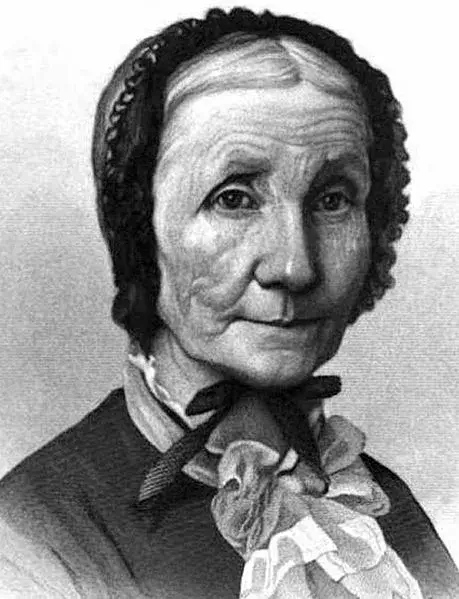 Laura Smith Haviland, who was a Quaker, first made her mark by developing the first anti-slavery organization in Michigan, the Logan Female Anti-Slavery Society. Five years later, she developed the Raisin Institute, which became a safe space for African American freedom seekers and attracted Black settlers in Michigan. In 1845, when Haviland was 36, she became a widow with seven children after her husband, parents and youngest child died in an epidemic. Despite this tragedy, she continued with her abolitionist work, and became known as the Superintendent of the Underground Railroad in Detroit. In the 1850s, she traveled around Michigan, Ohio and Canada to help enslaved people escape, taught African American students and made public anti-slavery speeches. After the Civil War, the Raisin Institute was renamed the Haviland Home and became an orphanage for African American children.
Laura Smith Haviland, who was a Quaker, first made her mark by developing the first anti-slavery organization in Michigan, the Logan Female Anti-Slavery Society. Five years later, she developed the Raisin Institute, which became a safe space for African American freedom seekers and attracted Black settlers in Michigan. In 1845, when Haviland was 36, she became a widow with seven children after her husband, parents and youngest child died in an epidemic. Despite this tragedy, she continued with her abolitionist work, and became known as the Superintendent of the Underground Railroad in Detroit. In the 1850s, she traveled around Michigan, Ohio and Canada to help enslaved people escape, taught African American students and made public anti-slavery speeches. After the Civil War, the Raisin Institute was renamed the Haviland Home and became an orphanage for African American children.
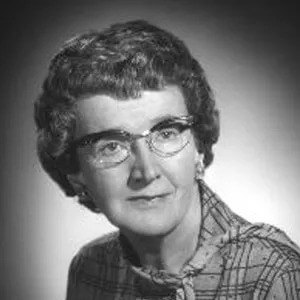 Ruth Carlton, a columnist for the Detroit News, used her platform to bring attention to a pressing issue in her community – the plight of hard-to-adopt children. In a time when mass media rarely highlighted stories about adoption, Carlton took it upon herself to feature 718 children who were considered difficult to place in adoptive homes. Her activism and determination led to significant reforms in the state adoption process and adoption subsidies, making it easier for families with lower incomes to adopt these children. Carlton’s passion for this cause also led her to become a national field consultant for the North American Center on Adoption, where she helped create agencies for hard-to-adopt children across the United States.
Ruth Carlton, a columnist for the Detroit News, used her platform to bring attention to a pressing issue in her community – the plight of hard-to-adopt children. In a time when mass media rarely highlighted stories about adoption, Carlton took it upon herself to feature 718 children who were considered difficult to place in adoptive homes. Her activism and determination led to significant reforms in the state adoption process and adoption subsidies, making it easier for families with lower incomes to adopt these children. Carlton’s passion for this cause also led her to become a national field consultant for the North American Center on Adoption, where she helped create agencies for hard-to-adopt children across the United States.
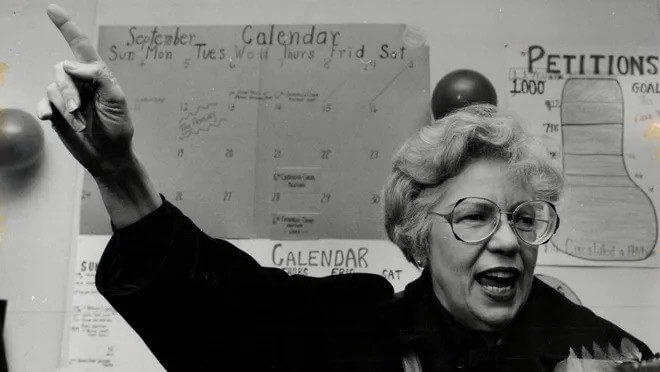 Another trailblazing woman in Detroit’s history is Maryann Mahaffey, who served on the City Council for over three decades. During her time on the council, Mahaffey fought tirelessly for women’s rights and equality. Her work was shaped by her experiences working at the Poston Internment Camp during World War II, where she witnessed the unjust treatment of Japanese American citizens. This experience fueled her determination to fight against discrimination and advocate for equal rights. Mahaffey’s efforts led to significant changes including opening up the exclusive Detroit Athletic Club to women and creating the first crisis center for the Police Department. She also played a pivotal role in passing an ordinance that prohibited sexual harassment against city workers.
Another trailblazing woman in Detroit’s history is Maryann Mahaffey, who served on the City Council for over three decades. During her time on the council, Mahaffey fought tirelessly for women’s rights and equality. Her work was shaped by her experiences working at the Poston Internment Camp during World War II, where she witnessed the unjust treatment of Japanese American citizens. This experience fueled her determination to fight against discrimination and advocate for equal rights. Mahaffey’s efforts led to significant changes including opening up the exclusive Detroit Athletic Club to women and creating the first crisis center for the Police Department. She also played a pivotal role in passing an ordinance that prohibited sexual harassment against city workers.
 Najah Bazzy, a lifelong nurse and humanitarian, has dedicated her life to serving marginalized women and children in the metro area. After witnessing the hardship and poverty faced by her patients, Bazzy founded Zaman International, a non-profit organization that provides essential services such as food, utility assistance, medicine and burial assistance for infants to those in need. She also co-founded the Muslim Youth Connection, an organization that empowers young adults to be leaders and serve their communities. Bazzy’s unwavering commitment to helping others has made a tremendous impact on the lives of countless individuals in Detroit.
Najah Bazzy, a lifelong nurse and humanitarian, has dedicated her life to serving marginalized women and children in the metro area. After witnessing the hardship and poverty faced by her patients, Bazzy founded Zaman International, a non-profit organization that provides essential services such as food, utility assistance, medicine and burial assistance for infants to those in need. She also co-founded the Muslim Youth Connection, an organization that empowers young adults to be leaders and serve their communities. Bazzy’s unwavering commitment to helping others has made a tremendous impact on the lives of countless individuals in Detroit.
These women, along with many others in Detroit’s history, have faced numerous challenges and obstacles in their pursuit of making a difference. Yet, they persisted and overcame these challenges, leaving a lasting impact on their communities. Their stories remind us of the power of determination, resilience, and compassion.
As we reflect on the achievements of these remarkable women, it is also important to acknowledge that their accomplishments may have been overlooked or overshadowed because of their gender. It is a sad reality that women’s contributions are often not given the recognition they deserve. That is why it is crucial for us to celebrate and honor these women during Women’s History Month and beyond. As we continue to strive for gender equality and empower future generations of women, let us not forget the contributions and sacrifices made by the women of Detroit. Their legacies live on through the positive impact they have had on their communities and beyond.
Let us use this month as an opportunity to educate ourselves and others about the incredible achievements of women throughout history. Let us also honor and recognize the women in our own lives who have inspired us and paved the way for our own success. Every day should be a celebration of women’s achievements, but during this Women’s History Month, let us make a special effort to uplift, toast and celebrate these unsung heroes of Detroit.
The list of remarkable women who have shaped Detroit goes on and on. Each one has left their unique mark, paving the way for future generations of women to continue making a difference in Detroit. As we celebrate Women's History Month, it is important to recognize and honor these women who have helped shape Detroit into the vibrant and diverse city it is today. Their resilience, determination, and courage serve as an inspiration to us all. Let us not only celebrate their accomplishments but also continue their work by advocating for equality and progress in our own communities.
The women of Detroit have played a vital role in shaping the city's history and will continue to do so in the future. Their contributions are a testament to their strength and dedication, and their legacies will live on for generations to come. As we look towards the future of Detroit, let us remember and honor these trailblazing women who have helped shape it into the vibrant and dynamic city it is today.
We hope you enjoyed our article. Whatever reason you are searching for a Detroit loft, check out reliable vacation rental services. You can find Detroit nurse rental housing services, Detroit vacation rental services, and Downtown Detroit corporate housing online. When looking for a furnished Riverfront Loft in Detroit keep us in mind! Cheers!



